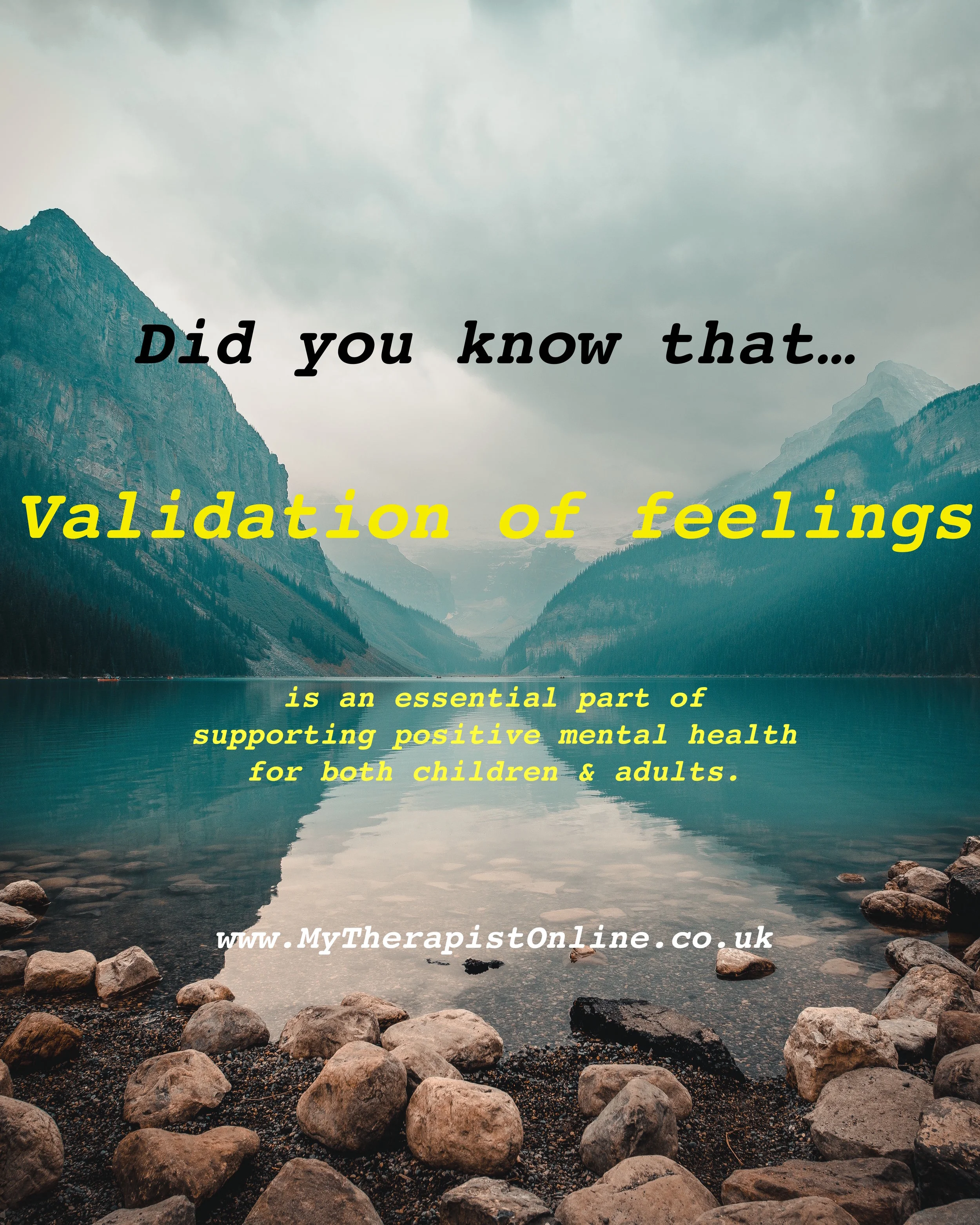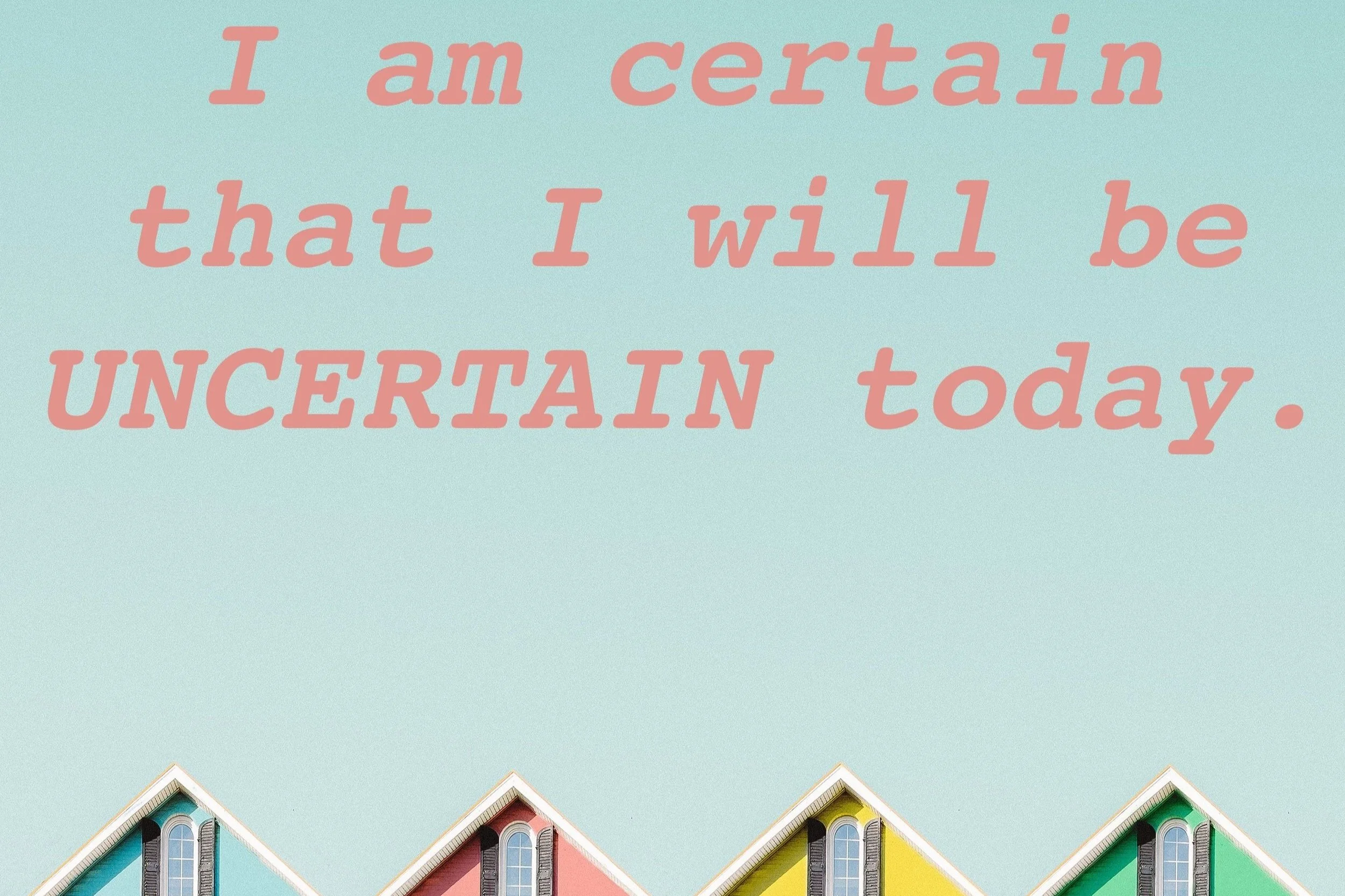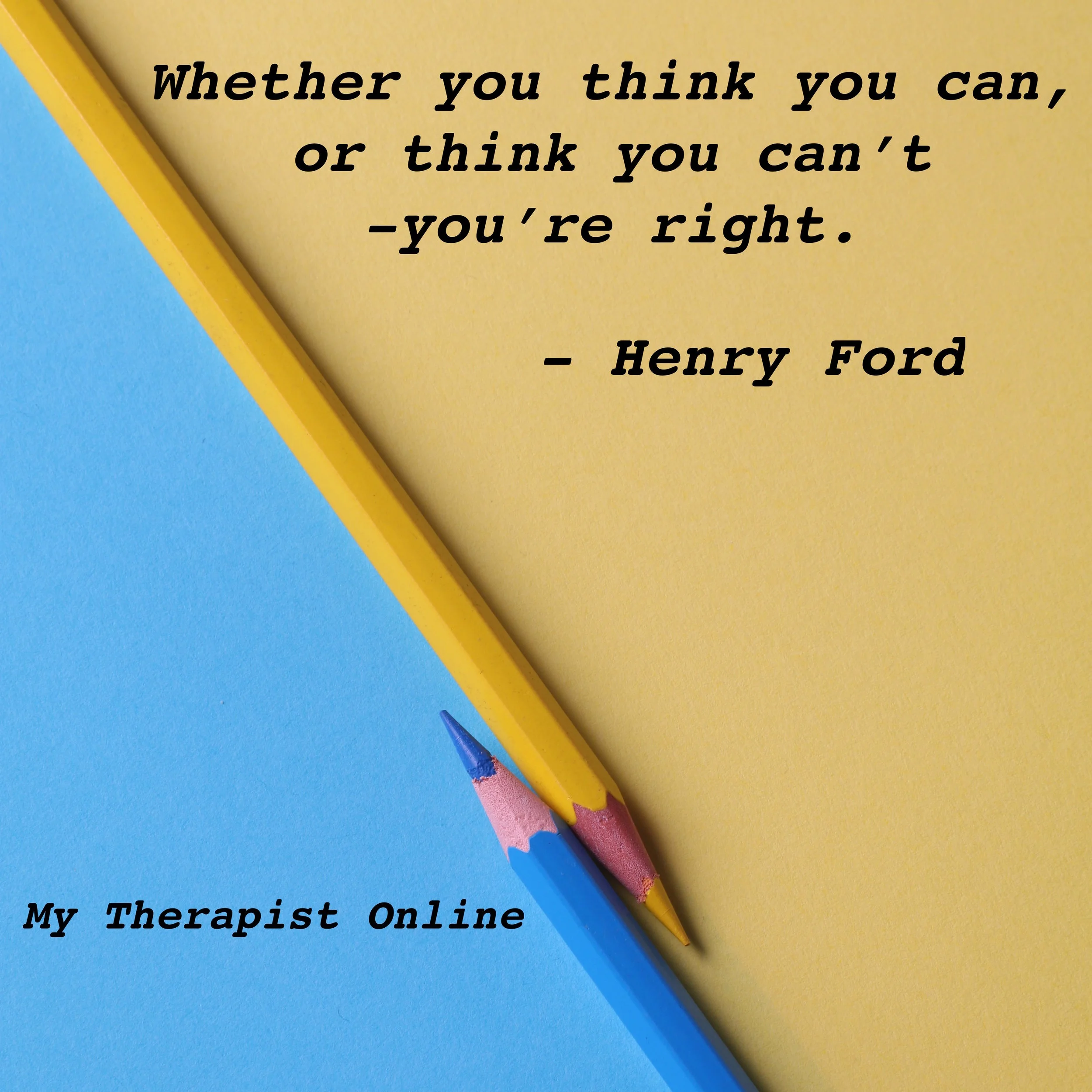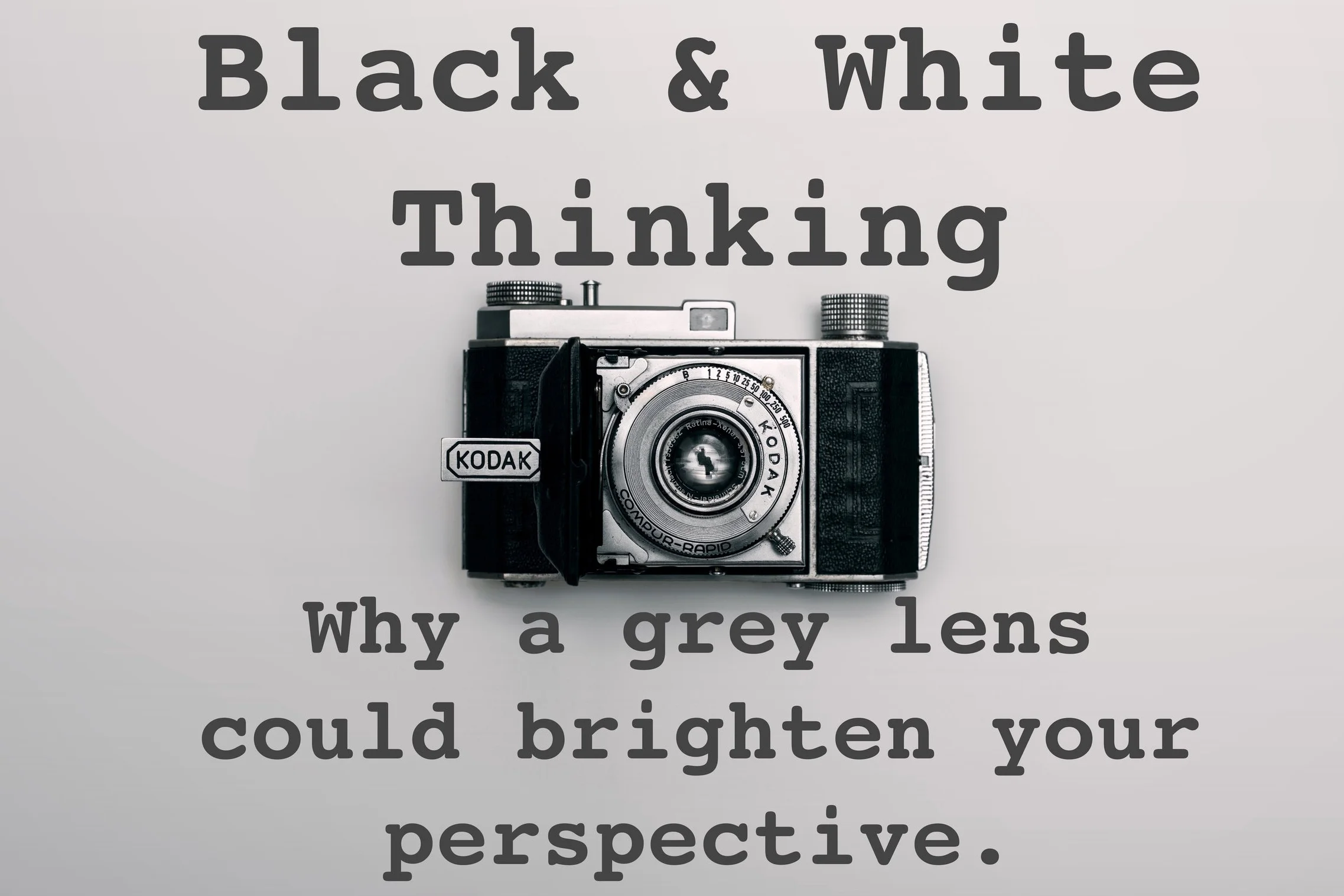Mental Health Needs Maintenance Too: 5 Everyday Steps for Well-Being
Actions speak louder than words!
There are now so many more mental health awareness days throughout the year, and although it is great that awareness of mental health is improving, it is also important to acknowledge that awareness needs to be followed by action.
Action to improve or maintain good mental health.
It's widely accepted now that we need to look after our physical health, we know we need to exercise, to be active and to eat healthily. It's pretty well ingrained that we don't just need to do these things every so often but that these are steps that we need to take on an ongoing basis to maintain good physical health.
Strangely though we don't tend to think of mental health in the same way. We still tend to be quite reactive, rather than proactive and only consider mental health when we are experiencing mental health problems. We can sometimes hold onto unhelpful beliefs such as having mental health problems can be a sign of weakness, that we should be able to just "snap out of it". We can often view mental health problems in a much more critical and personal way than we would physical health ones.
Imagine how much more helpful it would be if we remember the need to keep our minds as well as our bodies healthy.
It's all part of the same operating system. If we consider mental health is something that requires input to be maintained, this gives us the opportunity to reduce the likelihood of difficulties but also to respond more skilfully if difficulties occur.
International research describes five ways to well-being. These are:
Connect
Give
Take notice
Keep learning
Be active
Let’s take a moment to think about what that might look like and break down each of these steps.
Connect.
Connecting with others is important to our mental health. We are as a species designed to function as part of a group. Connection can range from being in the same communal space as somebody else to having a deep and meaningful conversation - and everything in between. Take a moment to think about your week, look at the connection with others present within it. Are there opportunities to increase this, could you look at community groups and events? If you work from home could you go to a local coffee shop occasionally? Rather than thinking about one big change maybe consider a number of small ones.
Give
Giving of ourselves can help us to feel connected, to feel part of society. We have phrases like ‘doing our good deed for the day’ because we know that doing good for others makes us feel good. What opportunities can you take to do this? Can you volunteer time, can you donate money, can you donate ideas? Can you clear out that cupboard you’ve been meaning to and donate things to charity? Can you give up a seat to somebody in need on the bus? Again, noticing small opportunities to do something helpful for others can have positive personal impact too.
Take notice
Try to be present. Notice what’s happening around you. Try activities like mindfulness meditation or yoga to allow you to notice the connection between mind and body. Next time you’re out for a walk, try to be really present and observe using all of your five senses. Practice stepping-out of automatic pilot and really becoming aware of your surroundings.
Keep learning
Keeping the brain active has been proven to be helpful in memory functioning. You may want to look at adult learning classes, trying a new language or a new skill. Learning doesn’t have to be academic. Try a task you’ve never done. Try growing something in the garden or learning a dance step. Remember the varied opportunities for learning.
Be active
Keeping the body active has proven beneficial effects on mental health. The body and the mind work in conjunction and to maintain good health we need to consider both. Look at opportunities to be a little more physically active. Try getting off the bus a stop earlier and walking or use stairs where possible. Look at classes or groups for physical activities. Often exercise with others can help with motivation and prove enjoyable. Try to find an activity in line with your interests, maybe dancing, walking or swimming.
It’s easy to see when looking at this list how interconnected all of these steps are. Consider setting one or two actions for each of these five points. If you can do more great, but start-off realistically and then add as you go on.
Also recognise that there may be times when you need professional help with your mental health and commit to taking steps to get this if necessary. In the same way, if you had a physical illness or injury that wasn’t improving after a period or time you would seek help for it; consider and respond to your mental health in the same way.
Written by Sarah Kenny
Online therapy with expert CBT Therapists & Psychologists, anytime, anywhere.
Empty Nest Syndrome - hitting sooner than you thought?
Empty nest syndrome (ENS) has long been associated with parents, particularly mothers, whose children have reached an age where they are ready to leave home. It is thought to lead to feelings of grief, loneliness and changes in relationships between spouses. It signifies the end of that particular stage in life.
Psychologist, Alexandra Barnett discusses the symptoms of ENS and how it can effect us a lot earlier than we might expect.
The misconception of self care - why we are probably getting it wrong.
How can we include self care in our busy lives?
Counselling Psychologist Dr Alexandra Barnett shares her wisdom & reflections on what self care really means, & how to achieve better self care in our lives.
Want to help a loved one in distress? Learn the importance of validating a person's experience.
Learn what validation is and how it can be so effectively used to help someone who is experiencing distress.
One of the most important roles we can play in supporting a person going through emotional pain, is to offer validation of their experience & feelings.
The good thing about practicing validation, is, if you learn this skill, it is all you need to help someone feel heard, supported, connected & loved.
I am certain that I will be uncertain today.
What are cognitive distortions & how can cognitive restructuring help me?
Cognitive (thought) distortions refer to a biased way of thinking about ourselves, others & the world around us. These automatic patterns of thinking, if extreme negative, can lead to negative motions and behaviours in response.
Find out how CBT can help you to challenge cognitive distortions, which helps to change negative cycles of thinking, behaving & feeling.
Online versus in-clinic therapy. Why are people choosing online video therapy?
Find out what Online Therapy actually is, why so many therapists are backing it and why so many people are now choosing it over in-clinic delivery of best therapy practices.
We look at traditional in-clinic delivery of therapy and why it would be more suitable for some and why online therapy, while it ticks many convenience, boxes may not be the best delivery format for for all.
What is black and white thinking & why should we consider shifting our perspective onto the grey? (Therapist Advice)
Black and white thinking is the tendency to see things as all-or-nothing, things are either good or bad, right or wrong. We will all be able to recognise this type of thinking from time to time. Here Lisa Johnston, CBT Therapist and founder of My Therapist Online, shares some advice about how best to manage this type of unhelpful thinking in order to find the grey… or indeed a range of colour in the way we perceive things.
CBT Tips for Overcoming Night Time Anxiety (Advice from a CBT Therapist)
To frequently have trouble sleeping can be a frustrating and debilitating experience. Many of those who are suffering with anxiety at night and insomnia are being advised to seek Cognitive Behavioural Therapy (CBT) which is an evidence based way off addressing these cycles. Here Lisa Johnston, a CBT therapist and anxiety disorders expert shares a few strategies you can try to help improve the quality of your sleep and start to reduce nighttime anxiety.















